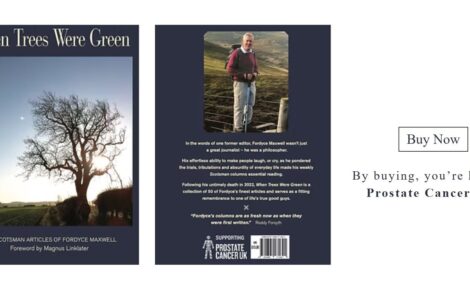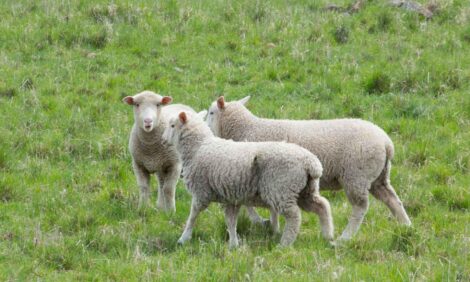



WMC - Industry Warned over Unintended Consequences of Changes
FRANCE - The global meat industry was warned to take a lesson to from the decline of the horse slaughter industry in the US at the World Meat Congress in Paris this week, writes Chris Harris.Former congressman Charlie Stenholm said that the complete decline of the horse slaughter industry and the closure of slaughterhouses for horses led by animal rights activists had had severe implications for animal welfare and for the entire horse industry in the US.
He warned that other sectors in the meat industry are also at risk from activists demanding changes to welfare conditions - "the unintended consequences," he said.
The closure of horse abattoirs had meant that horses were being transported long distances for slaughter in Canada or Mexico or they were being left to die by owners who could no longer care for them, he told the World Meat Congress.
Mr Stenholm said the situation had arisen because of a vocal minority, who believed horse slaughter was cruel.
However, he said that the loss of the slaughter industry had increased the number of cases of poor treatment and welfare because owners could not afford to either care for the animals or have them euthanized.
He warned the world meat congress that if animal rights activists through well-meaning but misguided campaigns turned on other sectors of the meat industry, it could have similar detrimental effects on the entire industry in some countries.
"It is coming in in other areas," former congressman Stenholm said.
"We have it in cages for layers and sow stalls - but what should the size of the cage for layers be and what should the size of the stall be?
"We are going ahead with it without taking a look at the cost of it."
He warned that excessive ill-thought out changes to regulations of how animals are produced and reared and slaughtered could bring problems in producing food to feed the world.
"If we in the meat industry do not come together and do a better job of educating consumers about what we do and the way we are doing it, we face the possibility of losing out beef, pork and poultry industry," Mr Stenholm said.



